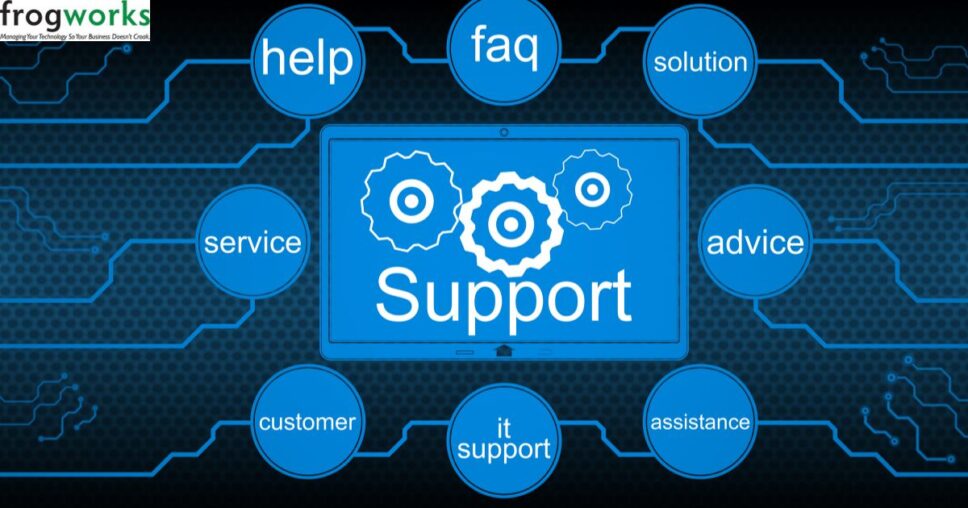As businesses in Washington DC increasingly rely on cloud-based infrastructure, data protection and cybersecurity have become critical priorities. The convenience, scalability, and cost-efficiency of the cloud are undeniable, but so are the risks if proper security measures aren’t in place. Whether you’re a small startup or an established enterprise, understanding and implementing cloud security best practices is essential. Here are the most important cloud security practices every DC business should follow.
1. Choose the Right Cloud Provider
Your first line of defense starts with selecting a reputable cloud services provider. Ensure that your vendor complies with recognized security standards such as ISO 27001, SOC 2, and GDPR. Businesses seeking cloud services in Washington DC should prioritize providers with strong local support, robust security infrastructure, and transparent compliance documentation.
2. Implement Strong Access Controls
Controlling who has access to what data is foundational to cloud security. Use role-based access control (RBAC) to ensure employees can only access information necessary for their job. Enforce multi-factor authentication (MFA) for an added layer of protection, and regularly audit permissions to eliminate unnecessary access.
3. Encrypt Data at Rest and in Transit
Encryption protects sensitive information from unauthorized access, even if the data is intercepted or stolen. Ensure that all data is encrypted both when stored in the cloud and when being transmitted between systems. Utilize encryption protocols recommended by your cloud provider, and manage encryption keys securely.
4. Regularly Update and Patch Systems
Outdated software is a major vulnerability. Ensure all cloud-based applications and systems are regularly updated and patched. Many cyberattacks exploit known software flaws, which can often be resolved simply through routine updates.
5. Monitor and Log Activity Continuously
Implement continuous monitoring and logging to track user activity, detect anomalies, and respond quickly to threats. Use cloud-native monitoring tools and integrate them with your broader cybersecurity systems. For businesses leveraging cloud services in Washington DC, this also helps maintain compliance with federal and local data protection regulations.
6. Create a Data Backup and Disaster Recovery Plan
Cloud providers often offer backup services, but it is essential to have a clearly defined backup and disaster recovery plan. Schedule regular backups, store them securely, and test recovery procedures to ensure business continuity in the event of a cyberattack or system failure.
7. Educate Your Team
Employees are often the weakest link in cybersecurity. Provide regular training on cloud security threats such as phishing, social engineering, and password hygiene. Empower your staff to identify suspicious activities and report them immediately.
8. Conduct Regular Security Assessments
Routine audits and security assessments help identify vulnerabilities and reinforce best practices. Work with cybersecurity professionals to test your defenses and ensure your cloud environment aligns with the latest standards.
Conclusion
Cloud computing is revolutionizing the way businesses operate, but it requires a proactive approach to security. By following these best practices, Washington DC businesses can leverage the power of the cloud while keeping their data safe and compliant. If you’re seeking expert guidance or managed cloud services in Washington DC, consider partnering with a local IT support provider who understands your unique regulatory and operational needs.



